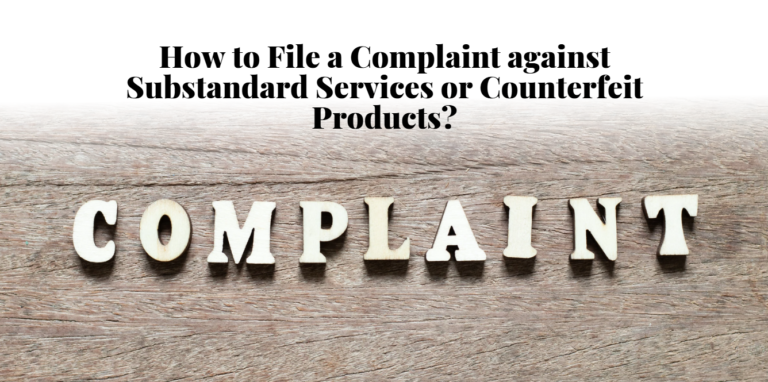suppose you imagine ,You’ve just received a cheque from a client or business partner, and you’re counting on it to coverd to your expenses. But when you try to deposit it, the bank informs you that the cheque has bounced. Your funds are frozen, and you’re left wondering what to do next. in the mean time Unfortunately, cheque dishonour is a common issue in Bangladesh, and it can have serious legal and financial consequences.
In this guidence, we’ll break down everything you need to know about cheque dishonour cases in Bangladesh—what to do if it happens to you, how to prevent it, and the legal remedies available under the Negotiable Instruments Act 1881.
What is Cheque Dishonour?
A cheque is dishonoured when the bank refuses to honour it due to insufficient funds, a mismatch in signatures, or other technical issues. In Bangladesh, cheque dishonour is not just a financial inconvenience—it’s a criminal offence under Section 138 of the Negotiable Instruments Act 1881.
5 Immediate Steps After Cheque DishonourIf your cheque bounces, don’t panic. Follow these steps to protect your rights:
Get the Dishonour Memo from the Bank
When a cheque bounces, the bank issues a memo stating the reason for dishonour (e.g., insufficient funds). This memo is crucial evidence for any legal action.
Send a Legal Notice to the Issuer
Under the Section 138, you must send a legal notice to the cheque issuer within 30 days of receiving the dishonour memo. The notice should demand payment within 15 days.
Wait for the Issuer’s Responses
If the issuer pays the amount within 15 days, the matter is resolved. If not, you can proceed with legal action.
File a Case in the Appropriate Court
If the issuer fails to pay, you can file a case under Section 138 in the Magistrate Court within 30 days of the notice period’s expiry.
Seek Legal Assistance
Consult a lawyer experienced in banking and financial laws to guide you through the process. For example, at [Law Firm Name], our team specializes in cheque dispute resolution and can help you navigate the legal system efficiently.
How to File a Case Under Section 138
Filing a cheque dishonour case in Bangladesh involves the following steps:
Draft a Complaint
Your lawyer will help you draft a complaint detailing the cheque details, the dishonour memo, and the legal notice sent to the issuer.
Submit the Complaint to the Magistrate Court
The complaint is filed in the court where the bank branch is located.
Attend Court Hearings
Once the case is filed, the court will issue a summons to the accused. Both parties will present their arguments, and the court will decide based on the evidence.
Possible Outcomes
If found guilty, the issuer can face 1-3 years imprisonment, a fine, or both. The court may also order the issuer to pay the cheque amount.
Real-Life Case Study:
In a recent case, a Dhaka-based business owner filed a cheque dishonour case against a supplier who issued a cheque with insufficient funds. The court ruled in favour of the plaintiff, sentencing the supplier to 2 years imprisonment and ordering him to pay the cheque amount plus compensation. This case highlights the seriousness of cheque dishonour under Bangladeshi law.
How to Prevent Cheque Dishonour
Prevention is always better than cure. Here’s a checklist to help you avoid cheque dishonour:
Verify the Issuer’s Account Balance
Before accepting a cheque, ensure the issuer has sufficient funds in their account.
Check for Technical Errors
Verify that the cheque is correctly filled out, including the date, amount, and signature.
Use Post-Dated Cheques Carefully
Post-dated cheques are risky. Ensure you trust the issuer before accepting one.
Opt for Digital Payments
Whenever possible, use digital payment methods like mobile banking or online transfers to reduce the risk of dishonour.
Maintain Written Agreements
If you’re dealing with large sums, have a written agreement outlining the terms of payment.
FAQs About Cheque Dishonour in Bangladesh
1. Is a cheque dishonour a criminal offence in Bangladesh?
Yes, under Section 138 of the Negotiable Instruments Act 1881, cheque dishonour is a criminal offence punishable by imprisonment, a fine, or both.
2. What is the time limit to file a cheque bounce case?
You must file the case within 30 days of the expiry of the 15-day notice period sent to the issuer.
3. Can I settle a cheque dispute out of court?
Yes, many cheque disputes are settled out of court through negotiation or mediation. However, if the issuer refuses to cooperate, legal action is your best option.
Why Choose the justice corner for Cheque Dispute Resolution?
At the justice corner , we understand how stressful cheque dishonour cases can be. Our team, led by Advocate Farhan Ahmed, has over 10 years of experience in banking and financial law. We specialize in resolving cheque disputes efficiently, ensuring our clients receive the justice they deserve.
Whether you need help drafting a legal notice, filing a case, or negotiating a settlement, we’re here to guide you every step of the way.
Cheque dishonour can disrupt your finances and business operations, but with the right knowledge and legal support, you can protect your rights. Remember, timely action is crucial—whether it’s sending a legal notice or filing a case under Section 138. If you’re dealing with a dishonoured cheque, don’t hesitate to reach out to the justice corner. We’re here to help you navigate the legal process and achieve a favourable outcome.












